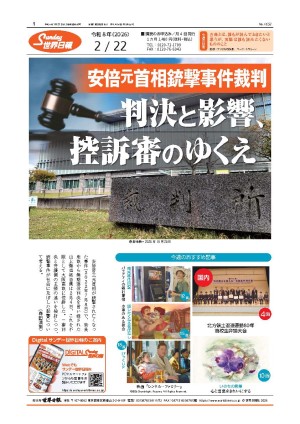イランがウラン濃縮能力を誇示、米に警告 Iran boast on uranium enrichment serves as warning to Trump
イランが今週、数日あれば、核爆弾製造に必要なウラン濃縮の準備を整えられるとその能力を誇示したことで、イランの2015年核合意違反をトランプ大統領が宣言すべきかどうかをめぐる政府内での議論が複雑さを増している。
アナリストらは、イランのサレヒ原子力庁長官が22日に行ったウラン濃縮をめぐる発言は、遠回しな威嚇であり、トランプ氏が、10月に行う次回の核合意検証時に合意を破棄すれば、よくないことが起こる可能性があるというメッセージだと指摘した。
...【全文を読む】







